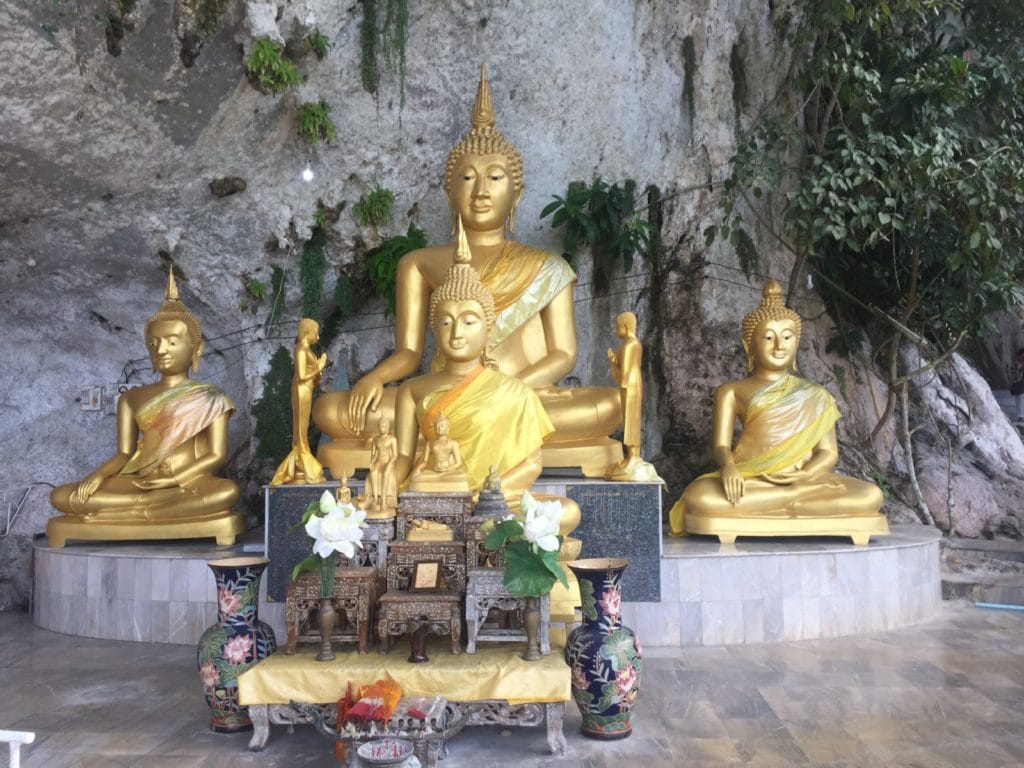Metta meditation
Why practice Metta meditation? Meditation is not just about to sit quietly, closing your eyes, thinking only of what is good in your life, ignoring all that is bad, cultivating an optimistic view. It is not the case that meditation has little to do with your everyday life. It is not only for monks and older adults who have retired and have time for it.
As your understanding grows, the more tolerant and the more compassionate you can become. You will be able to forgive and forget. You will feel much more understanding and love for others. Basically, as better you understand yourself, it will be easier to understand others. When you once learn to be compassionate to yourself, compassion for others will come naturally.
What is the purpose and meaning of Metta meditation?
Metta can be translated from Pali (the language of Buddha) as loving-kindness, or friendly love. Many Buddhist regard this type of meditation as the default kind. Metta meditation is constructed of four components: Metta, Karuna (compassion), Mudita (sympathetic joy) and Upekkha (balanced mind).
For beginners, we concentrate only on Metta part of contemplation and meditation. Rest will follow if you persist with the practice.
Metta meditation represents the desire to see peace and success in your life, as well as to be free from harm. This then extends to members of your family and friends and later becomes universal.
Enemies of Metta meditation

Metta has many enemies. Prejudice, favor, and fear are the manifestations of the opponents of Metta. Anger and Ill-will have destructive forces within and without.
Mindfulness is the key
Metta meditation cannot continue in the absence of mindfulness. You must have sustained awareness while practicing meditation focused on breath before you are capable to do Metta meditation.
For Metta meditation to be successful, you must have been engaged in the right effort. You must mean the words that you are saying to yourself while meditating. Developing Metta is, therefore, crucial in overcoming frustration within oneself. This gradual reduction of frustration is the first benefit that one earns from Metta meditation.
Now, let’s just learn some proven techniques on how to do successful Metta meditation.
Basics of Metta meditation
Metta meditation is often performed towards the end of your awareness of breath meditation. Leave the last ten to fifteen minutes to reflect on your Metta thoughts.
You should now contemplate some negative conditions that you do not want in your life and some positive conditions, feelings, or things.
Contemplate on desirable and undesirable events happening to you. For example, I have a headache, and sometimes I can not sleep. I have met these difficulties, and I have become mindful of these difficulties, and with a feeling of Metta for myself, my first wish is that I may get rid of the headache.
On the positive side, I wish that I become more successful in my blogging and book writing. These are my two most important things nowadays. I will incorporate them into the Metta practice.
First step
Let’s choose yourself first as the meditation object. Repeat to yourself in your thoughts, “May I be free from (state all negative conditions).” Repeated these two to five times.
Second step
You can then turn your thoughts to a person you care about (parents, children, spouse, siblings) visualizing them and repeat: “May they be free from …. (say your choice of the negative conditions for them).” You can wish them to be free form illness, and to have good health, or some more specific condition that you know is appropriate for them.
In this way, you will develop mindfulness of our feelings of well being, our desire to be free from harm and suffering, and this then leads to the development of Metta for yourselves and people closest to you.
Third step
Now you choose a neutral person. He or she maybe someone from work or someone you come across in society, which you nor like nor dislike. He or she is entirely neutral. Direct your Metta to that person in the same way as you did before.
In your first Metta meditations, do not use the people we have been in conflict with or had arguments with for the time being. Do not start with the opposite sex either as this can provoke lust. Also, do not use those who have died, for this can stir up sorrow.
You can also have the next part of Metta meditation directed to an unspecified person (your whole country, world, any other living being, etc.). You can try this in the next meditations.
Why we do Metta meditation?

Metta meditation helps you improve mindfulness and compassion to yourself and to other people. Not only that, you will learn in time how to extend that deeply honest compassionate feeling to other living beings on earth. It will become your true nature, and you will feel much better.
If you want to learn more
You can learn much more about mindfulness meditation and how to achieve peace of mind in my books.
Check the other post discussing emotions.
Enjoy reading!
Share



Improves concentration and memory.
By enjoying greater awareness of the present moment, develop your ability to focus thinking, thus also improving your
Thank you for your contribution. I hope you will find my posts beneficial.